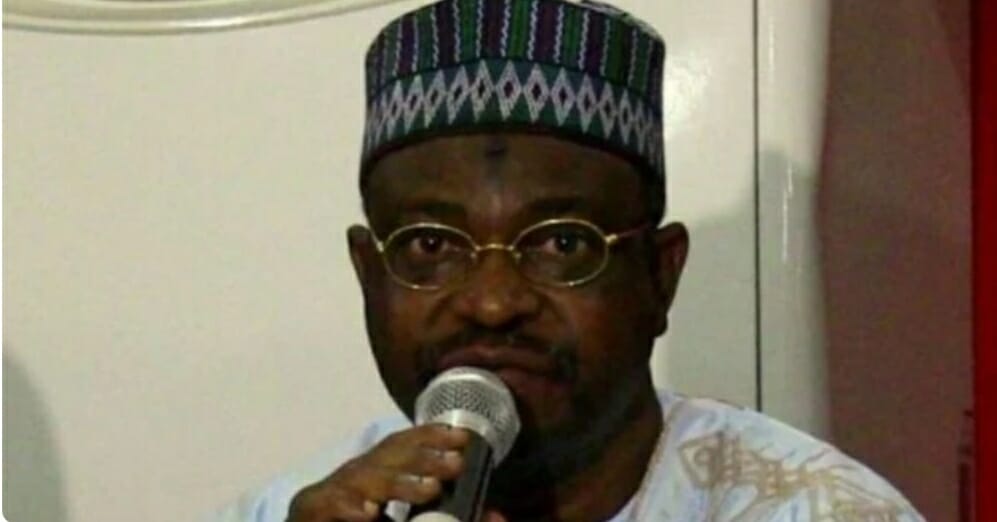Former speaker of the house of representatives, Ghali Umar Na’Abba has stated that many northerners see President Muhammadu Buhari’s term in office as wasted opportunity.
This was stated by Na’Abba when he appeared as a guest on Daily Politics, a programme on Daily Trust television.
According to Na’Abba, most people in the north are opposed to the zoning of the presidency because they have not benefited from Buhari’s administration.
The former speaker also said Buhari is “highly opinionated” and runs the country without appropriate consultations.
“It is not as if northerners and southerners are at war, but in any relationship from time to time, you get some friction. This friction arises from certain reasons,” he said.
“The perception that the current president is against southerners has become a reality. I think he is not managing this country in a way that accommodates politics; even in the north, there are complaints about him.
“You cannot run a country in a manner that suggests you are highly opinionated. And this opinionation has nothing to do with the people. If it has to do with the people and their welfare, and their feelings — I think it’s ok.
“People in the south have this perception that he is a tribalist… he can’t even manage the country. Someone told me that this man can’t even manage his home, how can he manage a country?
“This idea of zoning, no matter how many times a president comes from a particular zone, it will never satisfy anybody. For example, within the north today, the idea of many people that the presidency must shift to another region is not a welcome idea because the feeling of many people is that the years of this president is a waste. They’ve not gained anything from it. So, why should anybody even talk to them about zoning? When they believe they have the numerical strength to elect another person.
“No consultation. Since he suggests that, he works alone. We become president or whatever not because we have the monopoly of wisdom. Nobody has it”.
Na’Abba said for the country to be better, it must focus on building strong institutions and not strong men.
